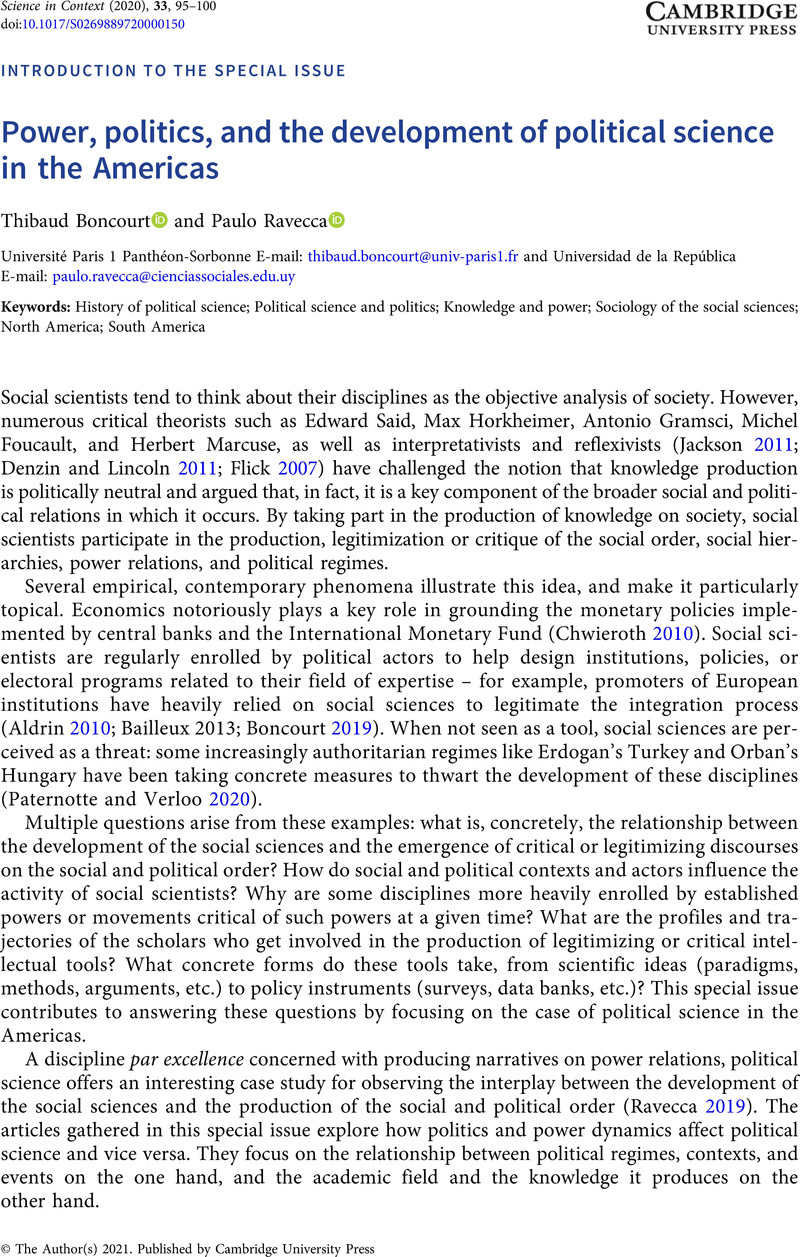Crossref Citations
This article has been cited by the following publications. This list is generated based on data provided by Crossref.
2022.
Isis Current Bibliography of the History of Science and Its Cultural Influences 2022.
Isis,
Vol. 113,
Issue. S1,
p.
1.




